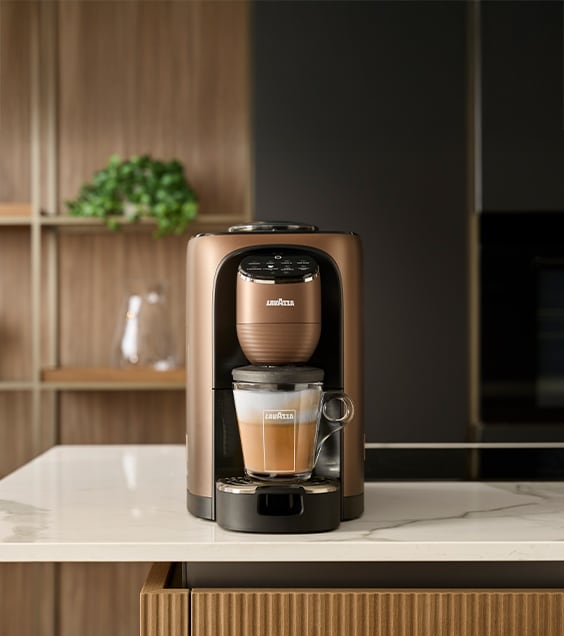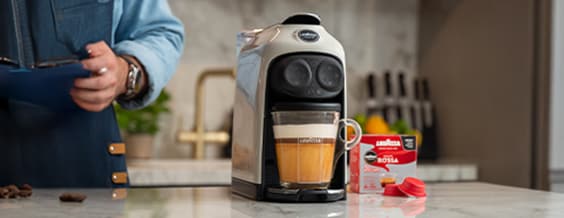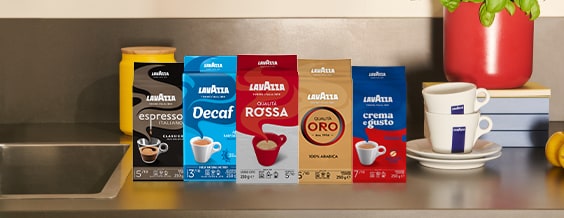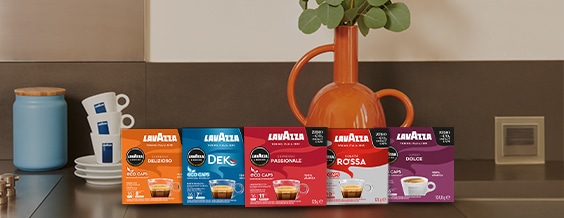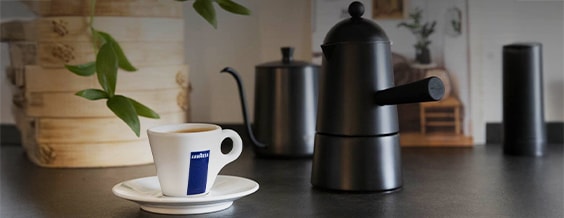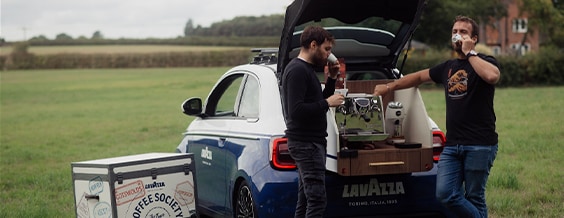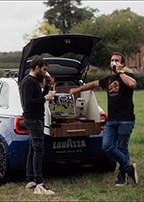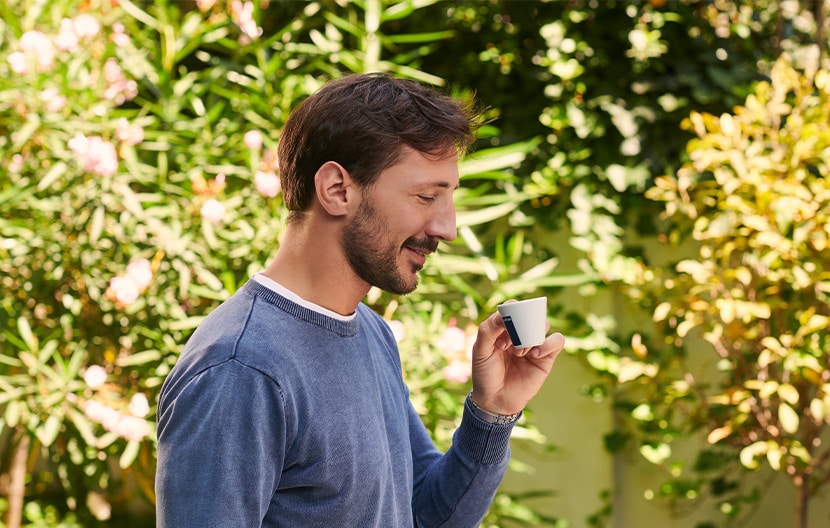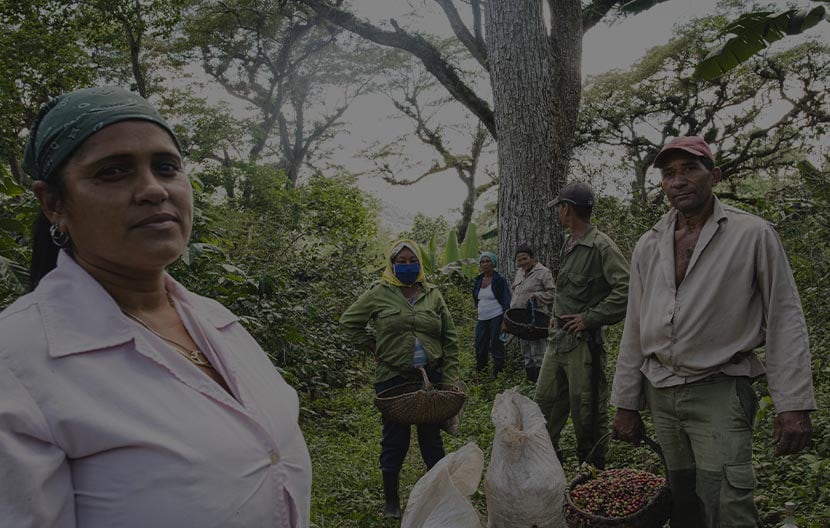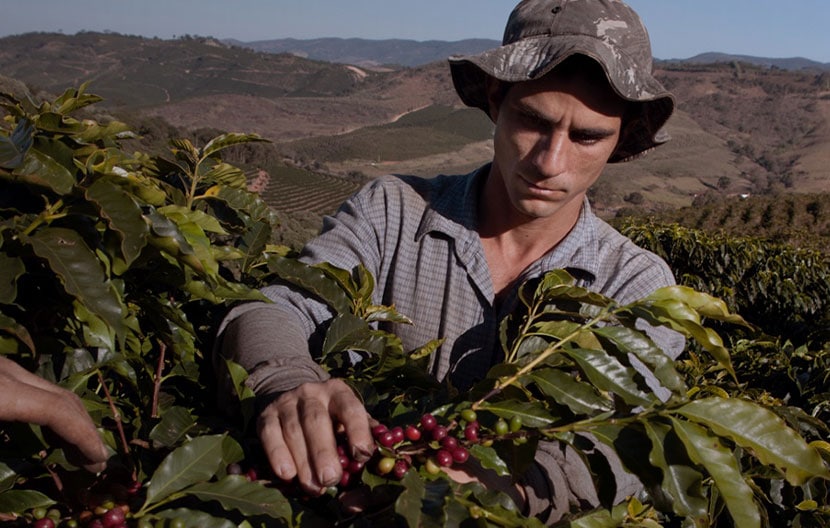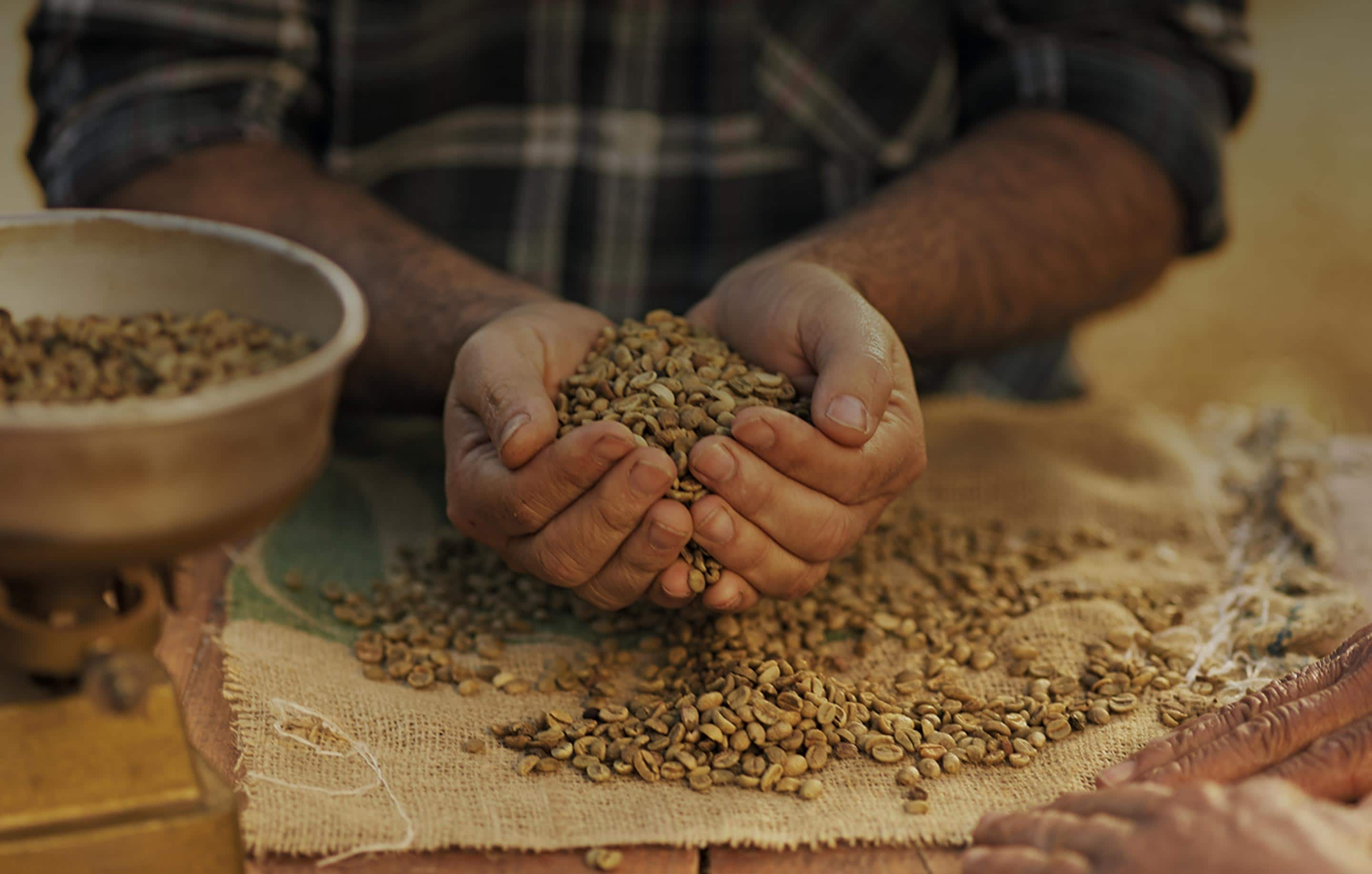*Lavazza is not affiliated with, endorsed or sponsored by Nespresso
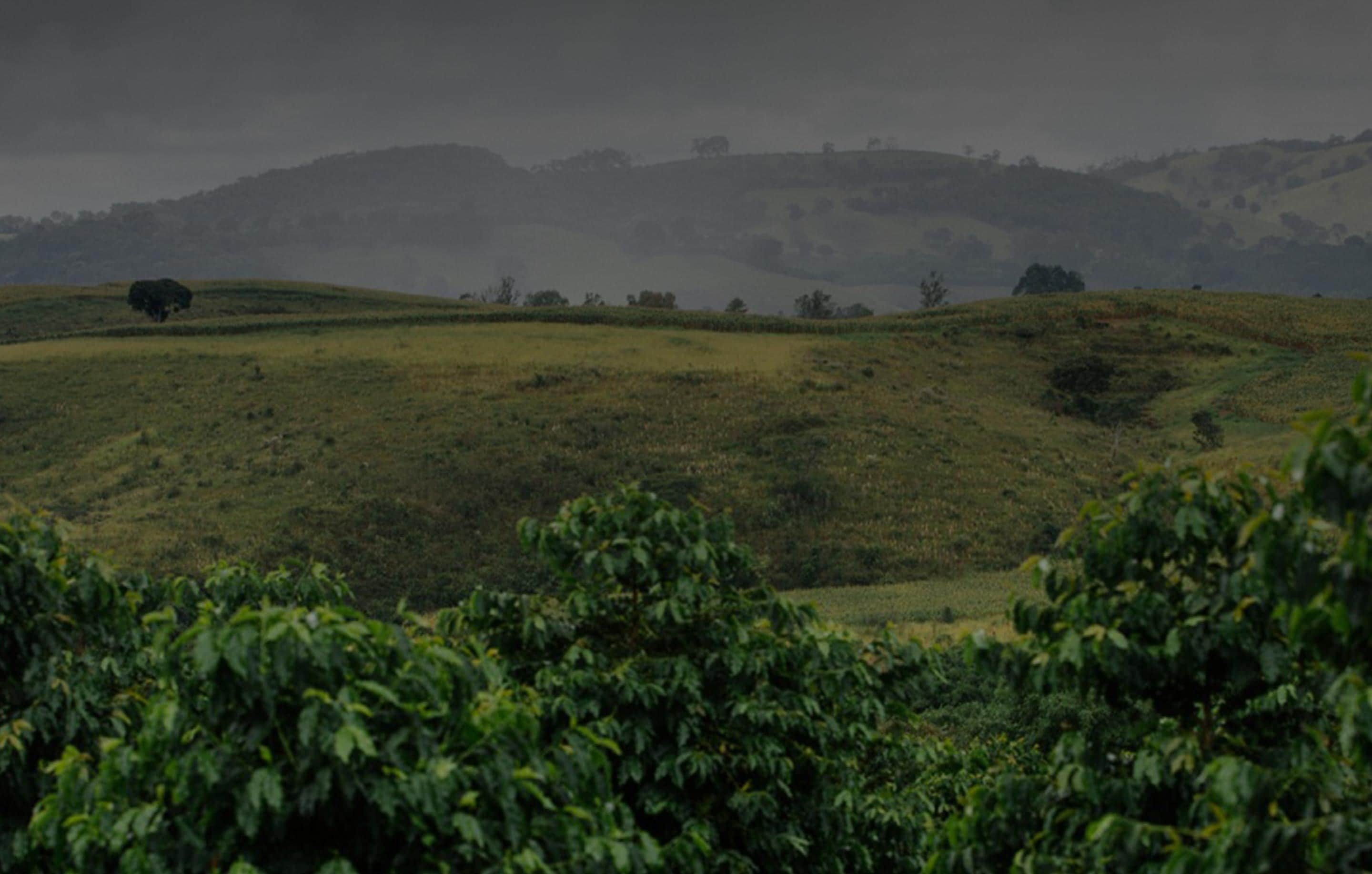
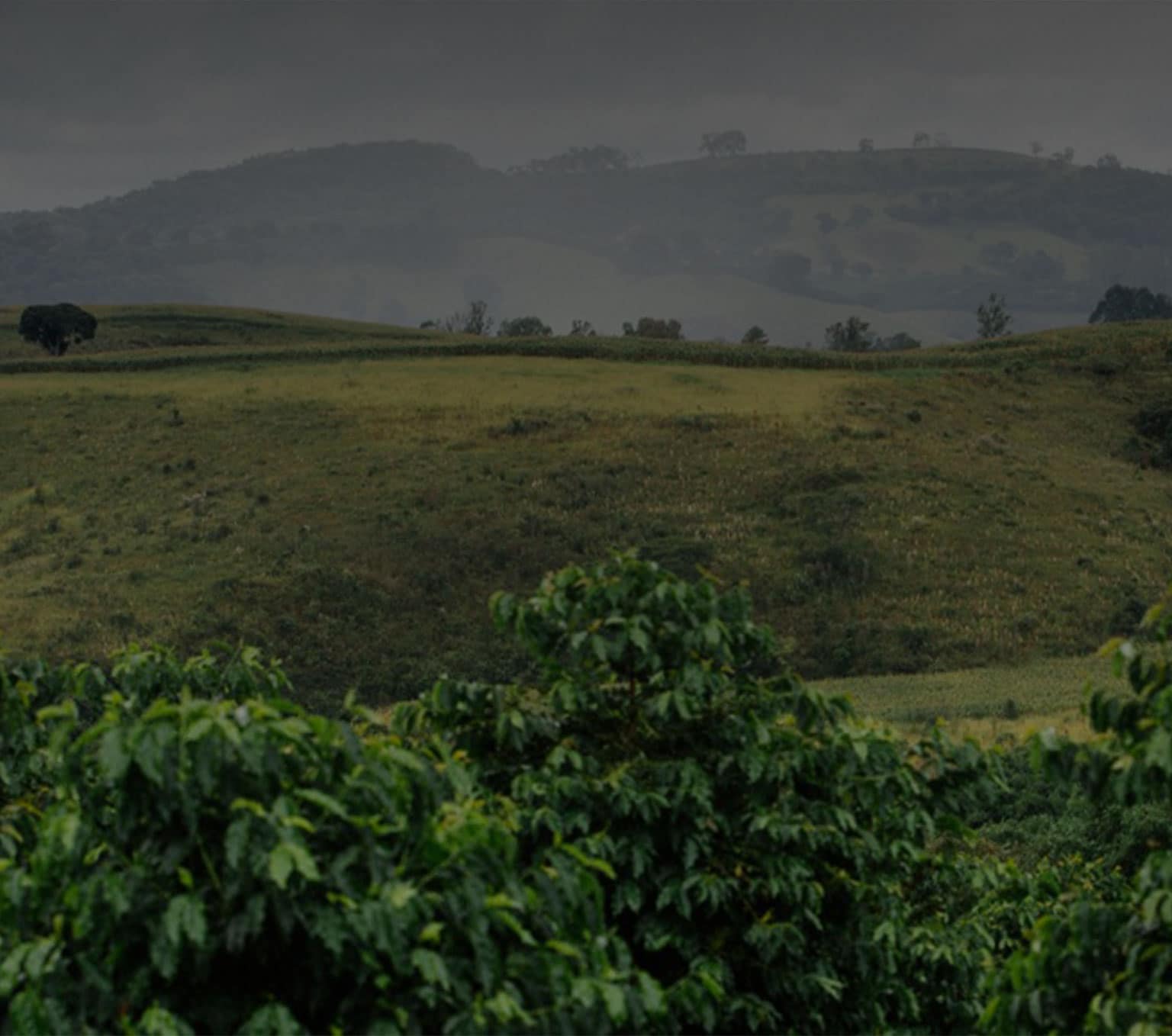
Coffee and sustainability: Lavazza's commitment to the environment
The impact of coffee production on the environment and Lavazza’s circular economy
At Lavazza, we recognise that all coffee production has an impact on the environment. So, we’ve developed a sustainability strategy based on 4 key principles: climate protection, responsible use of resources, sustainable by design, and environmental sustainability at the source.
Our aim is to proactively fight against climate change, by minimizing our environmental impact at every stage of the coffee value chain. In 2020, we launched our Roadmap to Zero strategy which prioritises a progressive reduction of emissions and offsets unavoidable emissions. We’re continually updating and refining this strategy for the maximum impact.
Our environmental commitment has seen Lavazza implement various sustainable development projects. We’re helping coffee growers adopt agricultural techniques that effectively respond to the effects of climate change. And we’re promoting good practices for the conservation of key natural areas.
Our commitment to biodiversity and the fight against deforestation
At Lavazza, we understand that coffee production activities are directly linked to the biodiversity of ecosystems in producing countries. This biodiversity is at risk, with coffee production suffering directly from the effects of climate change and the extensive marketing of only a few varieties of bean.
Our close collaboration with the Lavazza Foundation, local growers, and the main coffee traders is therefore essential for preserving the wide biodiversity of the ecosystems of the producing countries, and for fighting against deforestation.
Within the Lavazza Group, and through the Foundation, we support and develop reforestation strategies in the coffee-growing areas. Our approach is based on vital partnerships with in-field local NGOs and local and international institutions. Together, we’re implementing programmes for sustainable development and international co-operation within the coffee supply chain.
In 2021, Lavazza Group joined the New York Declaration on Forests (NYDF). This platform offers a common framework for forest action; consolidating various initiatives and objectives that drive forest protection, restoration, and sustainable use.
Lavazza is also participating in the Deforestation-Free Coffee project by the UNDP. This programme involves 23 provinces bordering the Amazon rainforest and has enabled Ecuador to produce high quality sustainable coffee – from both an environmental and social point of view.
Ecuador now holds the first national certification protocol for a deforestation-free coffee.
Coffee waste management
The production and treatment of industrial waste from manufacturing activities has an environmental impact, but by using circular economy principles we can carefully monitor and manage this.
During the production cycle, coffee waste – and other types of waste – are stored in dedicated areas where they’re collected and reused by third parties. The main waste comes from product packaging; from compostable material generated during production; and from electrical and electronic equipment waste.
As of today, 89.2% of the total waste is recovered or recycled, while the majority of the remaining 10.8% is destined for disposal, energy recovery, or other projects – such as the purification of washing water.
97% of the vegetable waste from the Italian coffee processing plants – which in 2022 accounted for 85% of the Lavazza Group production volume – is transferred to a company that produces organic fertilizer.
The plan for improving the environmental impact of coffee machines
The ongoing activities for reducing our environmental impact here at Lavazza, also involve coffee machine design.
We use the lowest-possible amounts of natural resources while marketing coffee machines featuring high energy-efficiency indices. None of the machines in our ranges has an energy class lower than A, and 28% of the total number of machines are classed as A+.
In 2022, we launched Tiny Eco – the first espresso machine for the Lavazza A Modo Mio capsule system. It’s made with up to 61% recycled plastic; packaged in 100% recycled cardboard; and has low energy consumption. Tiny Eco reduces emissions by up to 20% compared to previous machines, and it’s expected to replace our reference machine range.
